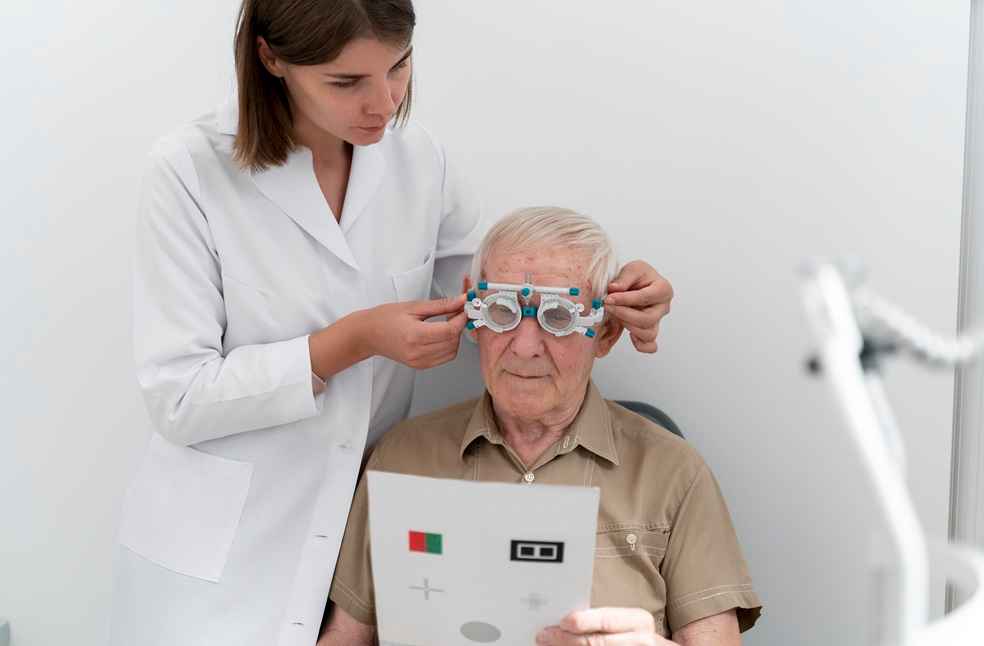United Kingdom: The Medicines and Healthcare Products Regulatory Agency (MHRA) has approved the medicine Rozanolixizumab (Rystiggo) to treat adults with generalised myasthenia gravis.
Generalised myasthenia gravis (gMG) is a rare autoimmune disease that causes muscle weakness affecting multiple muscle groups throughout the body. It typically affects the muscles that control eye movement, facial expressions, and the ability to chew, swallow, and speak. In some cases, it can also affect other muscle groups in the body.
Julian Beach, MHRA Interim Executive Director, Healthcare Quality and Access, stated that, “Patient safety is always our priority, which means enabling their access to high quality, safe and effective medical products. We’re assured that the appropriate regulatory standards for the approval of this medicine have been met. As with all products, we will keep its safety under close review.”

Myasthenia gravis is a medical condition in which the immune system protein called IgG antibody damages the communication between nerves and muscles. To prevent this damage, Rozanolixizumab, a type of protein known as a monoclonal antibody, is designed to attach to the FcRn protein that keeps IgG antibodies in the body for longer. By blocking FcRn, the medicine removes IgG antibodies, preventing nerve and muscle communication damage and improving muscle function.
Rozanolixizumab is given to patients by a doctor or nurse through an injection under the skin, typically in the lower abdomen, below the belly button. Each injection is administered using an infusion pump, with patients receiving one injection per week for a total of six weeks. A recent study found that Rystiggo is an effective treatment for adults who suffer from myasthenia gravis.

The study involved 200 adults with moderate to severe myasthenia gravis. They were divided into three groups such as a placebo group with 67 participants, a low-dose group with 66 participants who received 7 milligrams/kilograms of Rozanolixizumab, and a high-dose group with 67 participants who received 10 milligrams/kilograms of Rozanolixizumab. The study aimed to observe the effects of Rystiggo on the participants as compared to the placebo group.
The study found that after a 6-week treatment cycle, patients treated with Rystiggo had a reduction in their MG-ADL scores by 3.4 points, compared to 0.8 points for patients treated with placebo. The medicine’s most common side effects include migraines, diarrhea, and fever affecting over 10 percent of users.



